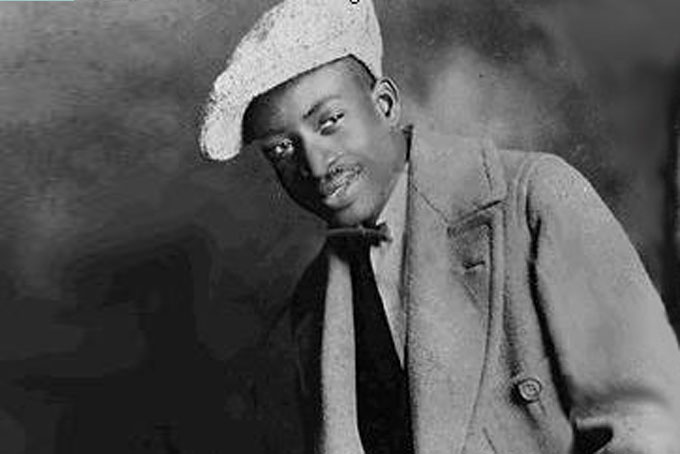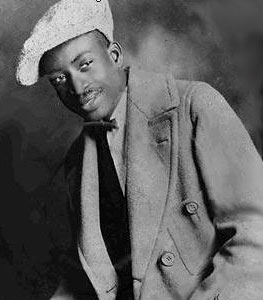
July 1
1863—Walter Francis White is born in Atlanta, Ga. For nearly 25 years White was one of the most influential Black leaders in the nation. He headed the NAACP from 1931 to 1955. However, he first received national attention because of the way he looked. As a light-complexioned Black man with blue eyes, White was able to infiltrate racist groups and investigate planned brutality against Blacks. But in 1919, he barely escaped with his life while attempting to investigate the deadly Elaine Race Riot in Phillips County, Ark., which had left more than 200 Blacks dead. Somehow the mob discovered that White was in the area and set out to lynch him. But he was able to catch a train back to Little Rock before he could be identified. While on the train, the White conductor told him he was leaving town too early because the mob had discovered “a damn yellow Nigger passing for White and the boys are going to get him.” White would die in New York City in 1955. His autobiography is entitled “A Man Called White.”

1899—Thomas Andrew Dorsey is born in Villa Rica, Ga. Dorsey is widely credited with being the “Father of Gospel Music.” During the early 1930s, after leaving Atlanta for Chicago, Dorsey combined gospel and the blues while performing under the name “Georgia Tom.” He wrote more than 400 gospel and blues songs including his most famous “Precious Lord, Take My Hand.” He died in Chicago in 1993 at the age of 96. Once asked to comment on his life, Dorsey said, “I had hope, faith, courage, aspiration and most of all determination to accomplish something in life.”
July 2
1777—Vermont becomes first U.S. territory to abolish slavery. By 1783, New Hampshire and Massachusetts had followed Vermont’s lead. The abolition of slavery was formally placed in the Vermont Constitution, which was formally adopted on July 8, 1777. A major force in the early abolition movement was a group known as the Rights of Man Movement.

1822—Denmark Vesey and five of his co-conspirators are hanged in Charleston, S.C. Vesey’s “crime” had been the organization of the largest slave rebellion in American history. But the insurrection was betrayed by a “house slave” before it could be implemented. Vesey was actually a former slave who had purchased his freedom.
1908—Thurgood Marshall is born in Baltimore, Md. Marshall would go on to become chief counsel for the NAACP and the lead attorney in the Brown v. Board of Education case, which led to the desegregation of the nation’s schools. President Lyndon Johnson would, in June 1967, nominate him to be the first African-American Justice on the United States Supreme Court because as Johnson put it, “It was the right thing to do and the right time to do it.”
1943—Lt. Charles Hall became the first African-American pilot to shoot down a Nazi warplane during World War II. Hall was from Brazil, Ind.
